There is no such thing as a moral or an immoral book. Books are well written, or badly written. That is all
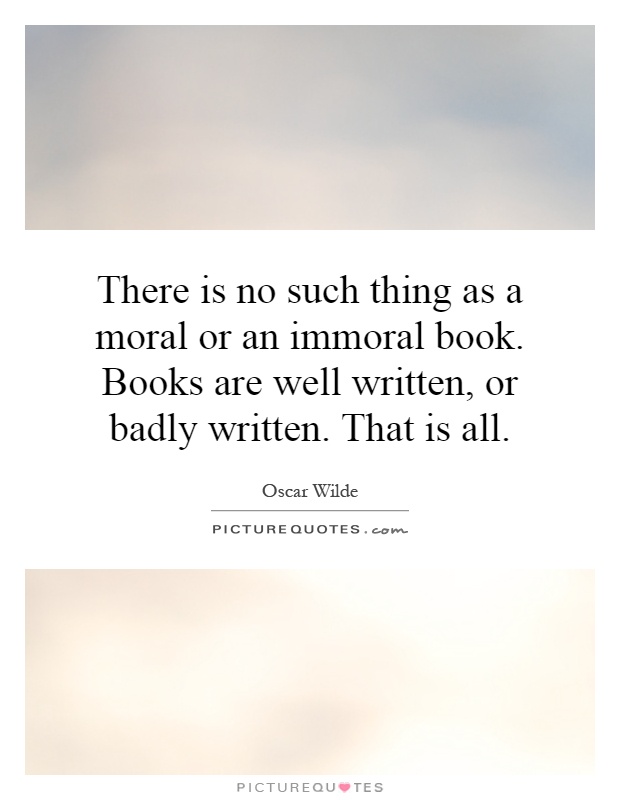
There is no such thing as a moral or an immoral book. Books are well written, or badly written. That is all
Oscar Wilde, the renowned Irish playwright, novelist, and poet, was known for his wit, humor, and controversial views on art and literature. One of his most famous quotes, "There is no such thing as a moral or an immoral book. Books are well written, or badly written. That is all," perfectly encapsulates his belief in the importance of artistic merit over moral judgment.Wilde believed that the value of a book lies in its literary quality and craftsmanship, rather than its adherence to societal norms or moral standards. He argued that a well-written book, regardless of its subject matter or themes, has the power to captivate and inspire readers through its artistry and creativity. On the other hand, a poorly written book, no matter how morally upright or socially acceptable its content may be, fails to engage and resonate with its audience.
Wilde's assertion challenges the conventional notion that literature should serve as a moral guide or reflect the values of society. Instead, he championed the idea that art should be free from the constraints of morality and censorship, allowing writers to explore controversial or taboo topics without fear of judgment or condemnation. In Wilde's eyes, the true purpose of literature is to provoke thought, stimulate the imagination, and evoke emotion, regardless of whether it aligns with prevailing moral standards.
Throughout his career, Wilde faced criticism and backlash for his provocative works, such as "The Picture of Dorian Gray" and "Salome," which challenged Victorian sensibilities and pushed the boundaries of acceptable art. Despite the controversy surrounding his writings, Wilde remained steadfast in his belief that art should be judged on its aesthetic merits rather than its moral implications.






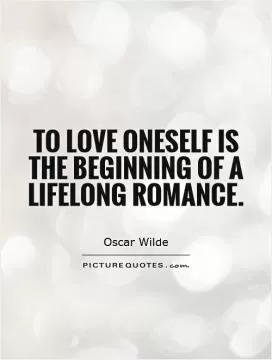

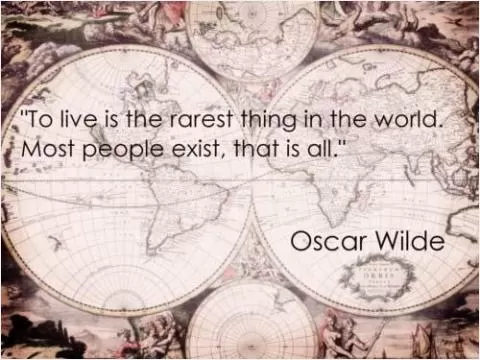
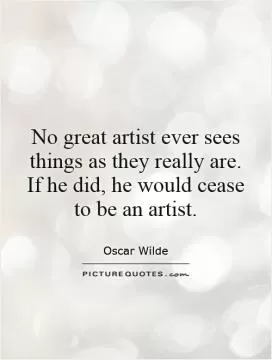

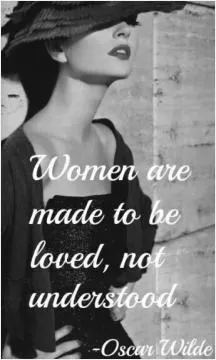
 Friendship Quotes
Friendship Quotes Love Quotes
Love Quotes Life Quotes
Life Quotes Funny Quotes
Funny Quotes Motivational Quotes
Motivational Quotes Inspirational Quotes
Inspirational Quotes